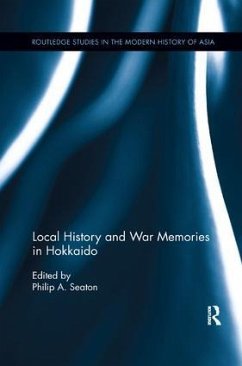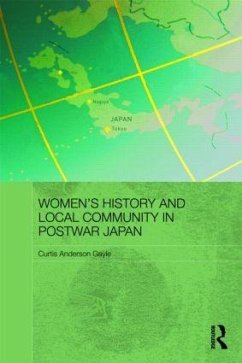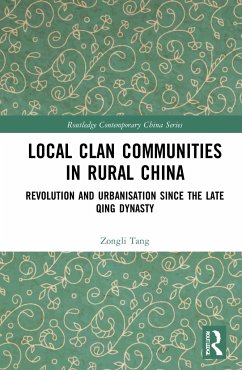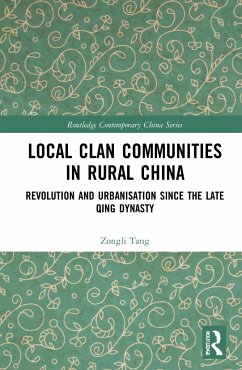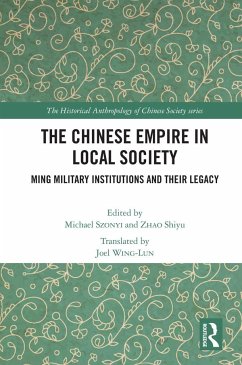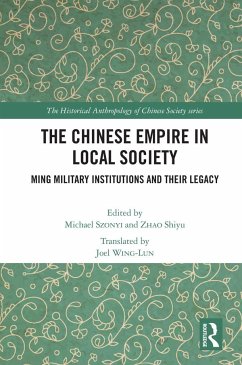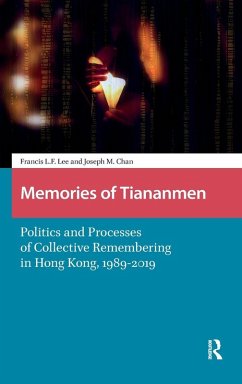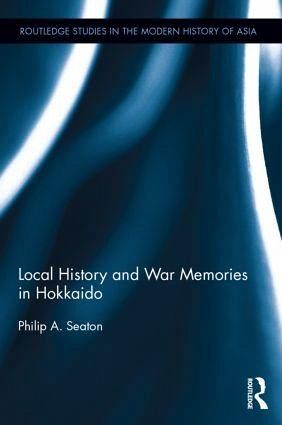
Local History and War Memories in Hokkaido
Versandkostenfrei!
Versandfertig in 1-2 Wochen
177,99 €
inkl. MwSt.
Weitere Ausgaben:

PAYBACK Punkte
89 °P sammeln!
Hokkaido, the northernmost island of Japan, barely features in most histories of the Second World War. However, the combination of distinctive war experiences, a vibrant set of local historian groups, and powerful media organizations disseminating local war history, has generated an identifiable set of local collective memories. Hokkaidös status as an early colonial acquisition also makes the island an important vantage point from which to reassess the course and nature of the Japanese Empire. This book argues that Hokkaido's experiences of war and its militarized post-war constitutes a local...
Hokkaido, the northernmost island of Japan, barely features in most histories of the Second World War. However, the combination of distinctive war experiences, a vibrant set of local historian groups, and powerful media organizations disseminating local war history, has generated an identifiable set of local collective memories. Hokkaidös status as an early colonial acquisition also makes the island an important vantage point from which to reassess the course and nature of the Japanese Empire. This book argues that Hokkaido's experiences of war and its militarized post-war constitutes a local case study with a much greater national and international significance on both theoretical and empirical grounds than first impressions might suggest. Using Japanese-language sources presented for the first time in English and a number of detailed local history case studies, it offers a fascinating and hitherto little-known perspective on the Second World War. It also combines a comprehensive theory of how war memories operate at the local level within a broad historical context that explains Hokkaidös pivotal role within Japanese imperial history. Demonstrating that understanding local history and memories is essential for a nuanced understanding of national history and memories, the book will be highly valuable to students and scholars of Japanese history, Second World War history, and Asian history.




